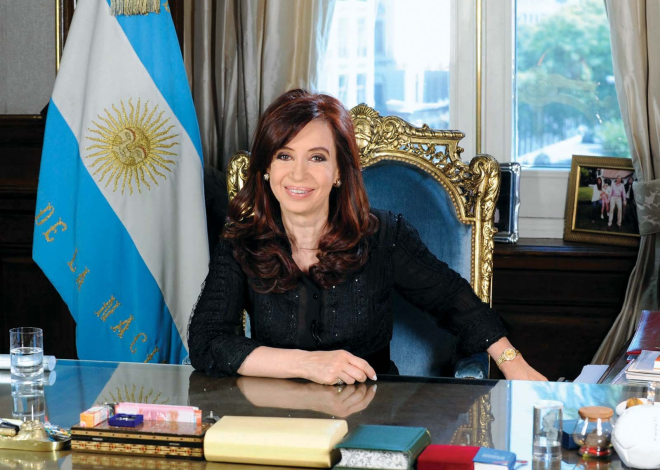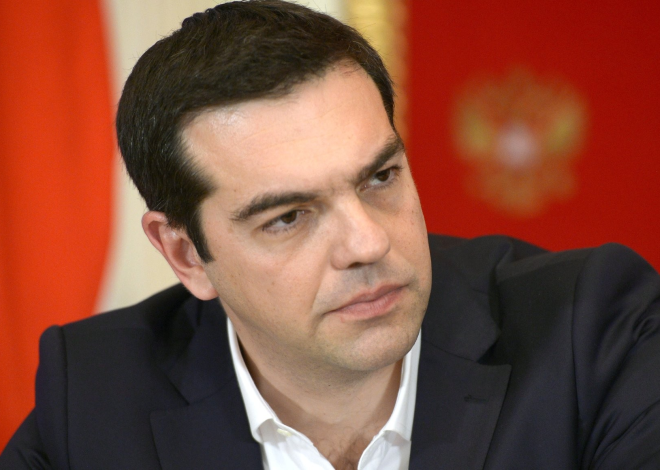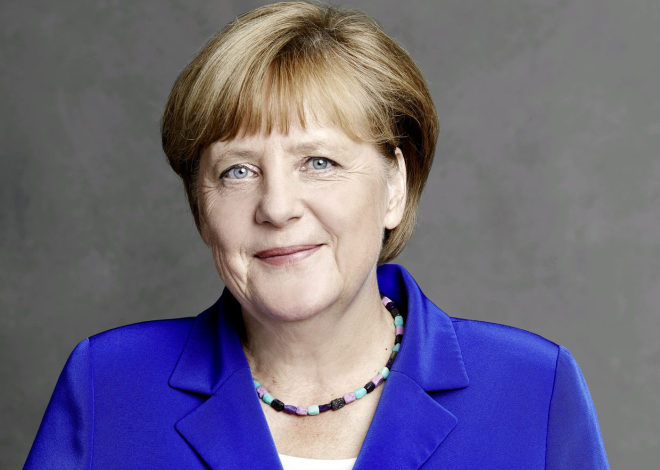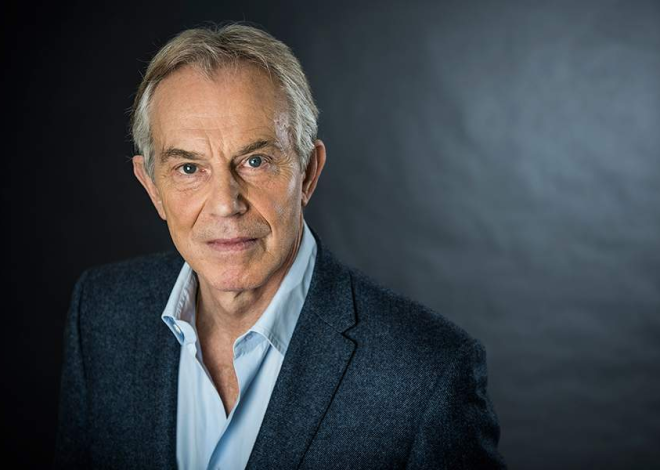
Adolfo Suarez
Adolfo Suárez González (September 25, 1932 – March 23, 2014) was a Spanish politician who played a pivotal role in Spain’s transition from dictatorship to democracy in the late 1970s.
Here is a detailed history of Adolfo Suárez:
Early Life and Education:
- Suárez was born in Cebreros, Ávila, Spain, on September 25, 1932. He studied law at the University of Salamanca, earning a degree in Law and Political Science.
Early Career:
- Suárez began his political career under the regime of General Francisco Franco. He joined the National Movement, the only legal political organization allowed by the Francoist regime.
- He held various governmental positions in the late 1950s and early 1960s, working in the Spanish Radio and Television Corporation and as the chief of the Spanish Tourism Board.
Transition to Democracy:
After Franco’s death in 1975, Spain faced a critical period of transition from dictatorship to democracy. King Juan Carlos I, designated as Franco’s successor, played a key role in this process.
- In 1976, Juan Carlos appointed Adolfo Suárez as the Prime Minister of Spain, a position he held until 1981. Suárez was tasked with leading the transition to democracy.
- Suárez’s government initiated a series of political reforms, including the legalization of political parties that had been banned under Franco’s regime.
- He played a crucial role in the drafting and approval of the Spanish Constitution of 1978, which established a constitutional monarchy and a parliamentary democracy.
First Democratic Elections:
- In 1977, Spain held its first democratic elections in over four decades. Suárez’s Union of the Democratic Centre (Unión de Centro Democrático, or UCD) won a majority of seats in the Spanish Parliament.
- As Prime Minister, Suárez continued to work towards consolidating democracy in Spain, promoting reconciliation between political factions, and addressing regional autonomy issues.
Challenges and Resignation:
- Suárez faced numerous challenges during his time as Prime Minister, including economic difficulties, labour strikes, and political tensions.
- In 1981, Spain experienced an attempted coup d’état by some members of the military. King Juan Carlos played a crucial role in thwarting the coup attempt.
- Due to mounting political pressure and divisions within his own party, Suárez resigned as Prime Minister in January 1981.
Later Life:
- After leaving politics, Suárez largely withdrew from public life. He was honoured for his role in the transition to democracy and received various awards and recognitions.
- Unfortunately, in his later years, Suárez battled health issues, including Alzheimer’s disease.
Death and Legacy:
- Suárez passed away on March 23, 2014, in Madrid, Spain, at the age of 81.
- He is remembered as a key figure in Spain’s transition to democracy, often referred to as the “Architect of the Transition.” His leadership and ability to navigate the complex political landscape of post-Franco Spain were instrumental in the country’s successful transition to a modern democracy.
Suárez’s contributions to Spanish democracy and his commitment to reconciliation and political reform continue to be celebrated in Spain’s history. His legacy lives on as a symbol of Spain’s successful transition from dictatorship to a vibrant democracy.







